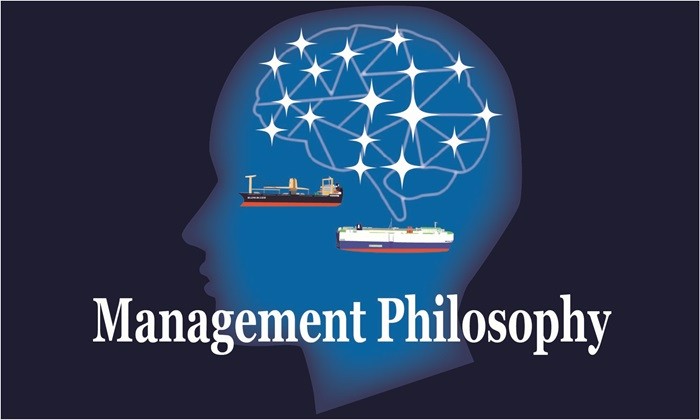Generally, in a company, the more competent an employee is, the more likely they are to be promoted. Eventually, they reach a position that exceeds their abilities, and at that point, they are regarded as an incompetent position-holder.
This theory was proposed by the educational psychologist, Laurence J. Peter. He highlighted the issues with promotions and performance evaluations within organizations and studied their impact on organizational efficiency and work environment. This is widely known as the "Peter Principle."
For example, in the sales department, an employee with a track record of collecting a large amount of cargo is recognized for their achievement and promoted to sales manager. However, if this employee lacks leadership qualities, they will be regarded as an incompetent sales manager at that point.
Similarly, in the technical department, an employee well-versed in maintenance and repairs is promoted to technical manager in recognition of their achievement. If this employee lacks leadership qualities, they will become an incompetent technical manager.
Furthermore, individuals who are skilled at flattering power holders may be promoted to high positions by gaining the favor of those in power. In this case, the individual was incompetent from the start, and their incompetence is merely amplified by promotion.
Thus, once a person becomes incompetent, further promotion only increases their level of incompetence. For example, if an incompetent sales manager or technical manager is promoted to a department head, a higher level of incompetent department head is created.
In the real world, an even more alarming phenomenon occurs. Individuals who have become incompetent due to promotion continue to work without being evaluated as incompetent position-holders. This is because, in such organizations, the top management is already incompetent due to the same phenomenon.
There are three methods to prevent this phenomenon of incompetence.
1. Do not link performance evaluations to promotions
Achievements in sales or technical skills should be rewarded with monetary compensation, not promotions.
2. Clarify the roles, necessary abilities, and qualities required for each position
2. Clarify the roles, necessary abilities, and qualities required for each position
By clearly defining the roles, abilities, and qualities required for higher positions, employees' goals will become clear.
3. Understand that qualities required for higher positions cannot be acquired through education or training
While the abilities required for higher positions may be acquired through education or training, qualities cannot be acquired.
3. Understand that qualities required for higher positions cannot be acquired through education or training
While the abilities required for higher positions may be acquired through education or training, qualities cannot be acquired.
0





Login to comment
サインイン